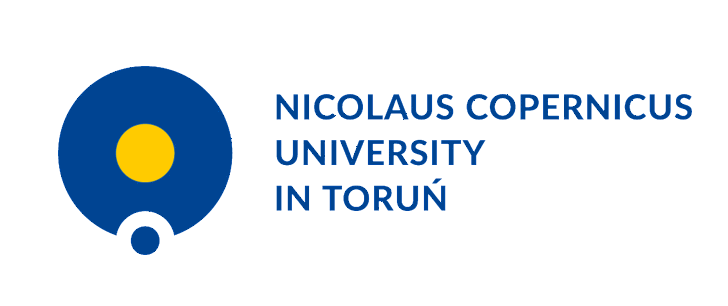Accommodation
For accommodation during a trip abroad, the Traveller is entitled to reimbursement of costs in the amount stated in the bill, but up to the limit specified in the regulation of the Minister of Family and Social Policy of June 30, 2022 amending the regulation on receivables due to an employee employed in a state or local budgetary unit for travel business.
There is a separate limit for each country -> Daily allowances and accommodation limits
If the employee does not provide a bill for accommodation, they are entitled to a lump-sum payment of 25% of the limit. The accommodation lump sum is not payable for travel time. The lump sum is not entitled when the NCU or the foreign party provides the employee with free accommodation, as well as when the trip is financed by an international programme and the contract or the project budget does not provide for a lump sum for this purpose.
NOTE: The Traveller is entitled to reimbursement for accommodation costs in the amount stated in the invoice issued on the private data of the Traveller. Attention: The data of the NCU, i.e. name, address, or NIP number on the personal invoice are not allowed.
